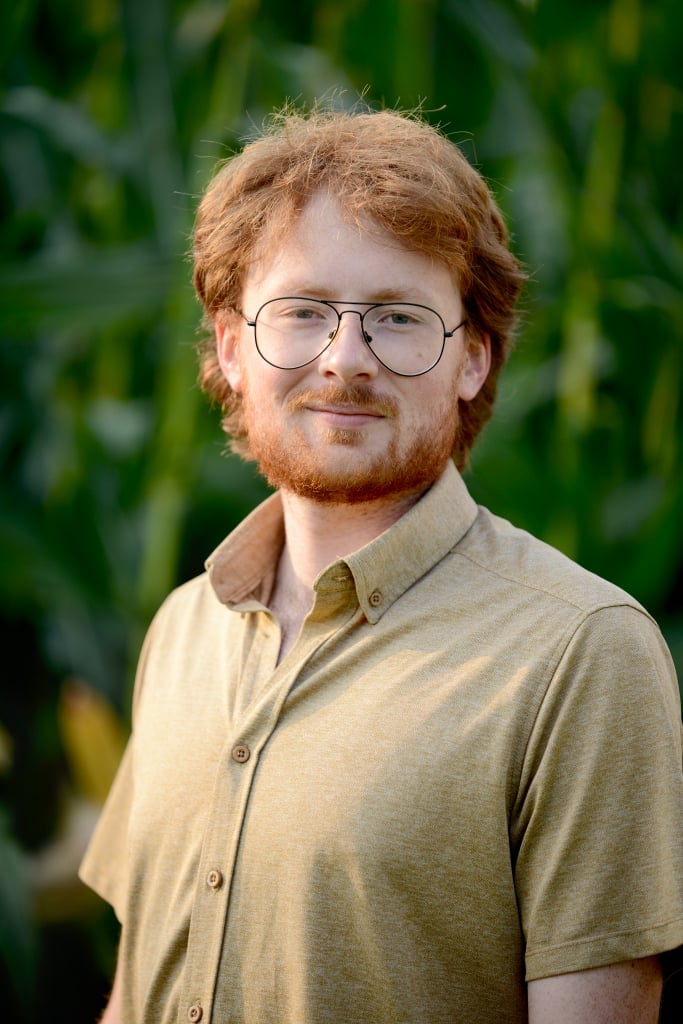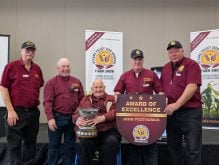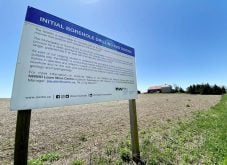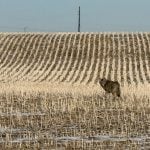Indigenous entrepreneurs spoke about the challenges they face in agricultural business, and the importance of community, at the recent Future of Food Conference in Ottawa.
Wabanaki Maple CEO and founder Jolene Johnson, Manitoulin Brewing Company co-owner Nishin Meawasige and Kitasoo Development Corporation general manager Isaiah Robinson spoke on a panel moderated by National Circle for Indigenous Agriculture and Food president and CEO Kallie Wood.
Why it matters: Entrepreneurs say Indigenous agricultural businesses often lack funding and attention.
Read Also
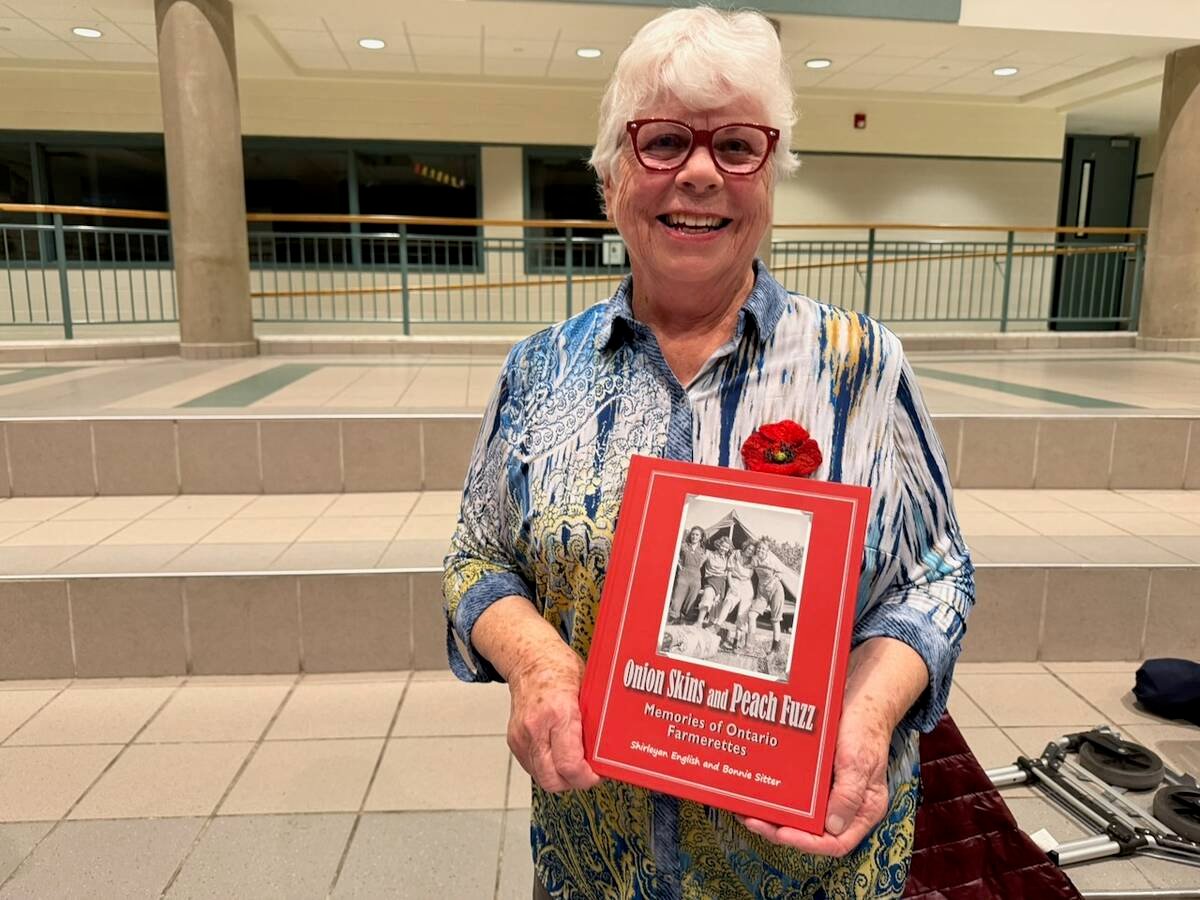
Women who fed a nation
More than 40,000 young women supported the war effort between the 1940s and early 1950s, helping grow and harvest crops amid labour shortages. They were called Farmerettes.
Meawasige expressed gratitude for his home of Manitoulin Island, for which his craft beer company is named.
“It’s a wonderful place, and growing up there and raising the family, we decided we want to start a craft brewery,” he said. “It’s been an amazing ride as an Indigenous business working and building that business from nothing.
Robinson, who is also the deputy chief councillor of Kitasoo Xai’xais Nation in B.C., said his community was to thank for his position.
“I cannot take credit for the work I am currently doing. I have been raised and I’ve been groomed for these roles, and I sit in some of the most senior positions within my community.”
He also spoke on the importance of community engagement.
“We have a 99 per cent employment rate in my community. That is not normal within the central coast of British Columbia, especially in (the) Indigenous community itself.”
Robinson said his leadership role serves both the community and the development of corporations. They’re integral “when it comes to pushing the overall issues for the aquaculture industry.
“Agriculture, aquaculture for Indigenous people … the overall management of that has been since time immemorial.
“We’ve always done agriculture; we’ve always done aquaculture. And when it comes to my community, and when it comes to aquaculture, we don’t have any farms so we don’t have any fields. We have the ocean, and it’s what has been able to sustain us for millennia.”
Aquaculture represents approximately $1.7 million of a $3 million economy in his community, he said, so “it’s important that I continue pushing aquaculture forward.”
Financial barriers
Johnson spoke about challenges she and other Indigenous entrepreneurs have faced.
“Number one (barrier) in the beginning and still today, it has been … financial,” she said, noting difficulties accessing funds for certain capital costs or expansion on equipment, or even working capital.
“When it comes to application processes and business planning and the whole shebang … it’s intimidating, and it’s not necessarily user-friendly when it comes to some indigenous entrepreneurs.”
Johnson would like to see a streamlined system for Indigenous entrepreneurs to secure funding, especially since existing systems are often based on collateral.
“When you’re on a First Nation and a reserve and (your) business is located there, you don’t have any collateral. We don’t own the land.”
She said Indigenous peoples should be consulted when rules are drafted because they often result in economic barriers and red tape.
“I think the solution to that would be bring our communities, bring our people, bring our entrepreneurs to the table” before those processes are started, she said.
Meawasige agreed.
“There’s this kind of emerging tide of Indigenous communities and entrepreneurs that … is reaching a tipping point, and I think there may be a disconnect with industry understanding. And I don’t think that’s anybody’s fault.”
He thinks Indigenous practices are inherently aligned with many practices now discussed and encouraged in Canadian agriculture.
“With respect to regenerative agriculture, these are things that Indigenous communities and peoples have been doing since time immemorial. There’s no need to convince us. We are willing parties.”



